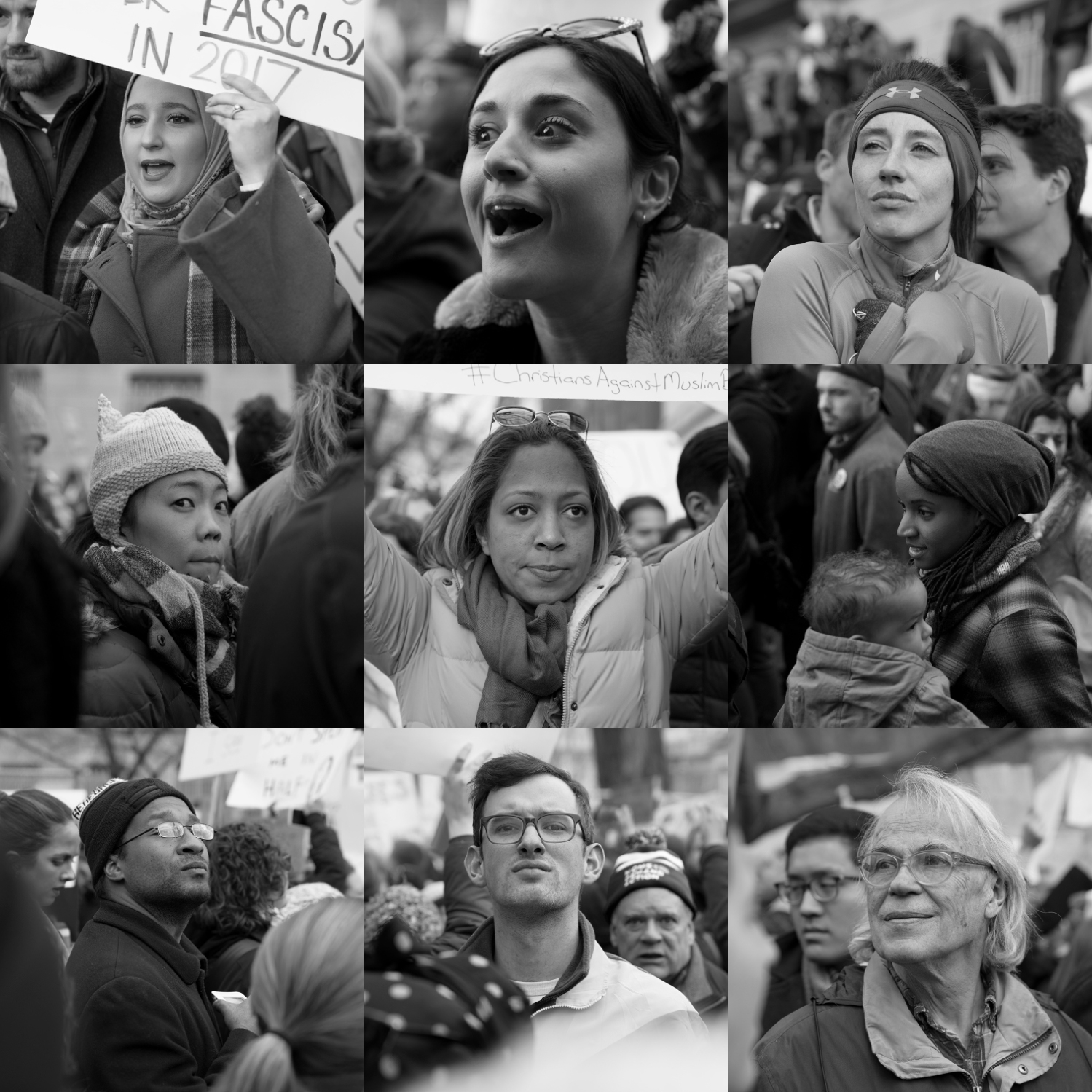We’re committed to ensuring our students engage with the best people in their field. That’s why we regularly welcome renowned guest speakers to share their experiences and insights.
This semester, this has included a wide variety of international journalists and commentators, who’ve been speaking to undergraduate students about journalism’s role in a digital, post-truth world. It’s all part of a unit led by our Head of School, Dr Karen Fowler-Watt. When you study at BU, these are the kind of people you’ll hear from on a regular basis.
Global Voices
This year, we are working closely with the non-profit news organisation, Global Voices. This border-less citizen community reporting organisation comprises more than 1,400 writers, analysts, online media experts, and translators.
Ivan Sigal (Executive Director of Global Voices and a BU Visiting Fellow)
Visiting from the US, Sigal looked at alternative ways of reporting stories. This includes how we can build human connections and engage audiences in a digital, social media-driven world.
He reminded us that journalists are peripheral observers at most, so that “the choices we collectively make about how we communicate and the technologies we choose to work with affect what we know”.
He also talked about the difficulties of covering protests or ‘spectacle’ through sharing his own photographic work, ‘Notes from the Eye of the Crowd’, which captured the recent protests in Washington DC (see below).

Find out more about ‘Notes from the Eye of the Crowd’ on the Global Voices site
Joey Ayoub (Middle East Editor for Global Voices)
Ayoub worked with the students and staff, Dr Anna Feigenbaum and Phillip Wilkinson, to produce a data visualisation project on Syria. Titled Syrian Voices, this aims to help us make sense of a complex and challenging conflict. By connecting people to real people’s lives, it grounds data in personal narratives.
Kevin Marsh, our Practitioner in Residence in Journalism Ethics, supported the work for this project with his talk on Syria and Russia, ‘War in Syria: losing the narrative, losing innocent lives’. This focused on failings in international policy and the difficulties inherent in the sense that “competing narratives shape the menu from which decisions are made”.
“At a time when journalism is, once again, under close scrutiny, this provides students with an opportunity to reimagine journalism. Journalists have been labelled as ‘the opposition’ by the Trump administration in the US, apparently failed to engage audiences in key debates such as Brexit in the UK and are challenged in reporting the complexities of Syria. The question of which voices are heard and with what breadth, diversity and range has never been more important.”
Head of School, Dr Karen Fowler-Watt
Other highlights this semester
Stephen Sackur (BBC)
 Sackur is one of the world’s leading journalists, known for his frank approach to grilling politicians and luminaries on the BBC show HARDtalk, as well as reporting on some of the most remarkable news stories of the past three decades. In February, we were doing the interviewing when he shared his ideas on post-truth politics with third year undergraduate students.
Sackur is one of the world’s leading journalists, known for his frank approach to grilling politicians and luminaries on the BBC show HARDtalk, as well as reporting on some of the most remarkable news stories of the past three decades. In February, we were doing the interviewing when he shared his ideas on post-truth politics with third year undergraduate students.
Stephen reminded us that fake news is nothing new. One of the strongest messages to come out of the session was the need for journalists to immerse themselves in communities and the stories that they are reporting on – but that we must not shy away from stating facts and observed realities for what they are.
Professor Richard Sambrook (Cardiff University, ex-BBC)
The former Director of BBC World Service and Global News, Richard Sambrook is now a professor at Cardiff University. He picked up where Sackur left off in the preceding week in the theme of his session.
In particular, Professor Sambrook focused on the importance of verification and fact-checking. This included engaging students in devising a toolkit for their own work, as well as critiquing stories.
Sandra Laville (the Guardian and a BU Visiting Fellow)
In the most recent session, the Guardian’s Sandra Laville spoke with passion and integrity about ‘silenced voices’ – particularly victims of child abuse and estrangement, whose stories take a long time to be heard within the current family courts system.
Dr Karen Fowler-Watt says that all of the speakers “highlighted that in grappling with the complexities of the present, an understanding of the past has never been more important and journalism has a crucial role to play in helping us make sense of it all”.
To find out more about journalism at BU, including details of how to apply to study with us in 2017, visit our BA (Hons) Multimedia Journalism course page.